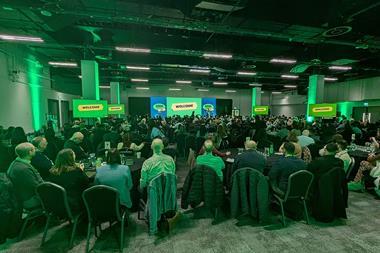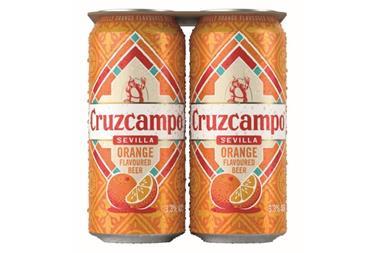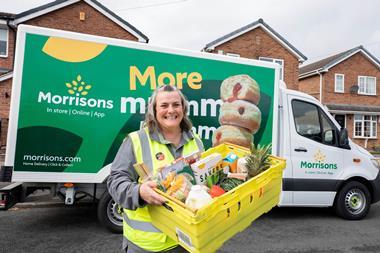The two-market definition is dead. Never again will the Competition Commission assess the grocery sector solely on the basis that it is divided into 'one-stop' and 'top-up' shopping.
Instead, as it continues its inquiry into grocery, the Commission is working on a new market definition that will take local situations, fascias, offer and price into consideration.
The Commission, in its Emerging Thinking document, published this week, says it is true that while shoppers can carry out top-up shopping at supermarkets, they cannot do a full shop in a c-store.
However, crucially, it says it is not clear "that consumers view the retail offers of different grocery retailers of the same size as equally substitutable".
It adds: "Upmarket grocery retailers, such as M&S, may be in a separate product market from limited assortment discounters, such as Aldi."
Peter Freeman, Commission chairman, told The Grocer: "Every store over the one-stop size threshold is not a direct and absolute, total equivalent competitor to another. A 14,000 sq ft store is not the same as a 34,000 sq ft store.
"We will make our views on how to define the market more understandable and try and leave the community with an understanding of what we use for competition analysis."
In Emerging Thinking, the Commission says it understands the importance of the decision it makes regarding market definition. "We recognise that the approach used in this investigation to define the market for the retail supply of groceries may also guide future merger activity among grocery retailers."
It has also rejected the notion the grocery market is national, deciding instead that what is happening in a particular local market is most relevant.
It is no concern to the Commission how much more Tesco can grow its 31.4% share of the UK grocery market - as long as no local monopolies detrimental to the consumer exist.
The Commission is now working on how to define each local market. And over the next few months it will produce case studies featuring local monopolies, such as the so-called Tesco Towns of Southall, Truro, Swansea and Inverness, to discover whether grocers take advantage of monopoly situations, for example by increasing prices.
If any retailer is found to be exploiting its position, the Commission is prepared to use all powers available to it, which could include enforced disposals.
"We will exercise these powers in a very proportional way, but do not doubt our determination," Freeman said.
The Commission is also beginning in earnest an investigation into the impact of landbanks. "Landbanking is not an issue in itself but we have to follow it up," said Freeman.
But Sainsbury's submission that claimed Tesco's share of the grocery market would reach 43% if it developed its entire landbank was dismissed by Freeman as a "scare story".WHAT NEXT?
March/April: More hearings
May: Deadline for all responses and submissions
June: Provisional findings of inquiry published
June/July: Consider and publish remedies, if needed
August/September:
a) if no problems, final report; b) If issues, remedies hearings begin
November: Report published













No comments yet